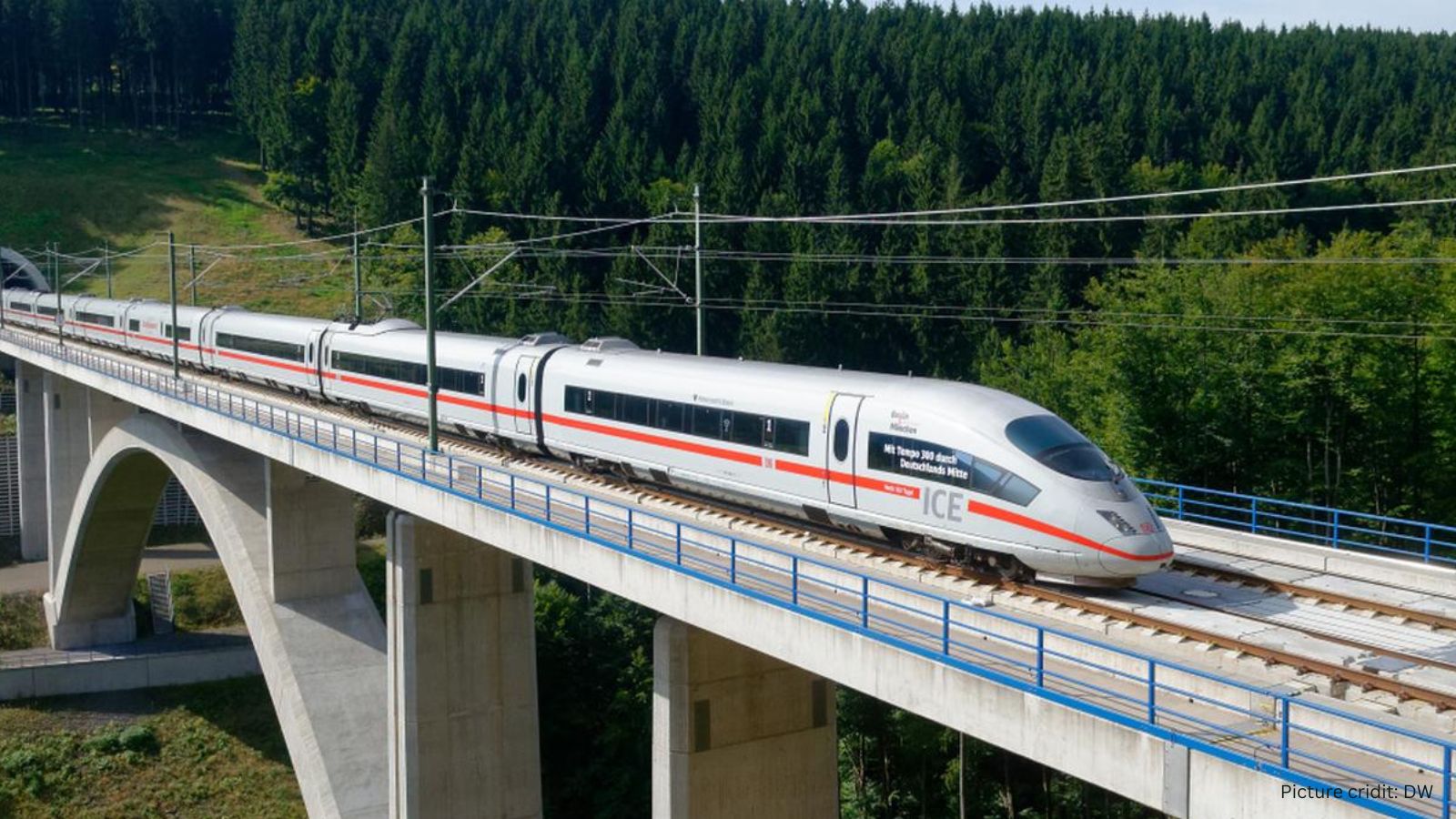A strategic-level risk assessment on major rail travel disruptions anticipated across Germany till 07 July 2025, particularly impacting the Berlin–Munich route due to ICE train diversions. This document is designed to guide travel planners, operational risk teams, and continuity managers for organizations with personnel or logistics across major German cities.
Introduction
Germany’s national railway network, while highly developed, periodically experiences widespread delays and diversions due to infrastructure works or sudden technical challenges. On 06 July 2025, Deutsche Bahn announced significant disruptions along the Berlin–Munich corridor. Similar past incidents, including diversions through Leipzig and cancellations across Berlin, demonstrate the ripple effect such changes can produce.
What is Risk Analysis in the Context of Rail Diversions?
Train diversions and cancellations disrupt business continuity by delaying travel schedules, affecting freight transfers, and increasing demand on road infrastructure. These events frequently impact major rail-dependent corridors and should be incorporated into organizational contingency planning, especially for scheduled meetings, conferences, and deliveries.
Executive Summary: Moderate Risk Level
- Date of Incident: 06-07 July 2025
- Location: Berlin–Munich Rail Corridor, Germany
- Risk Category: Travel Risks
- Severity Score: 3/5
- Confidence Level: 90%
The disruption, caused by ICE train diversions, is expected to delay travel and business operations through at least 07 July. Major stations including Berlin Hbf, Leipzig, Nuremberg, and Munich Hbf will see significant congestion. Passenger safety remains unaffected, but logistical and operational disruptions are anticipated.
Known Hotspots and Sensitive Areas
- Berlin Hbf, Leipzig Hbf, Nuremberg Hbf, and Munich Hbf – major ICE transit hubs expected to experience crowding and schedule confusion.
- Federal Highways A9 and A93 – routes likely to experience increased traffic as passengers shift to road-based travel.
- Intermediate towns like Erfurt, Erlangen, and Bamberg – may face service delays and capacity strain.
Impact on Transport and Utilities
- Rail: ICE services are being diverted, resulting in travel time increases and connection losses.
- Road: Congestion likely on regional highways and autobahns.
- Utilities: No infrastructure or communication network damage reported.
Recommended Actions-
- Notify all impacted employees and advise alternate travel options (e.g., buses, flights).
- Enable remote work for those reliant on affected rail corridors.
- Pre-alert logistics and clients regarding likely delays.
- Designate internal leads to handle expense claims and travel rebookings.
- Review backup communication protocols.
Emergency Contacts
- Police: 110
- Fire Department: 112
- Ambulance: 112
- National Emergency: 112
- Deutsche Bahn: +49 30 2970
Final Thoughts
Organizations with travel dependencies between Berlin and Munich should expect moderate delays and rerouting. This incident, though unlikely to result in long-term service loss, highlights the importance of dynamic travel planning and rapid communications. Real-time coordination and early stakeholder notification will mitigate most operational impacts.
Stay ahead of operational risks with real-time alerts, scenario modeling, and expert advisories.
Start your 14-day free trial of Datasurfr’s Risk Intelligence Platform today.






